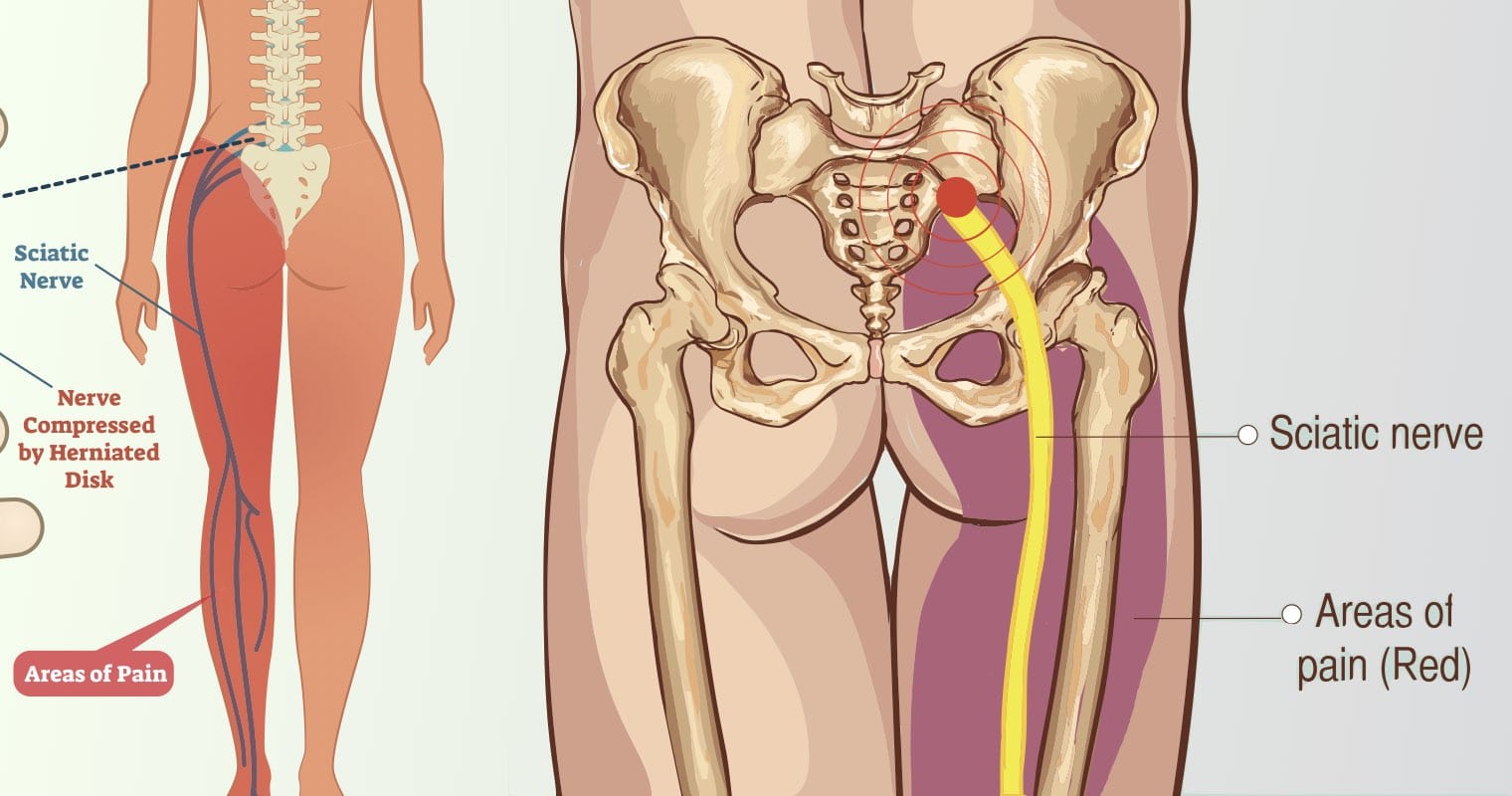Why You Pee When You Sneeze
Have you ever sneezed and then felt a little bit of urine escape? It’s embarrassing, but it’s more common than you might think. This condition, called urinary incontinence, affects millions of people worldwide. According to the National Association for Continence, one in 4 women over 18 experience urinary incontinence. But why does it happen? I will tell you why you pee when you sneeze and what you can do to prevent it from happening.
What is Urinary Incontinence?
Urinary incontinence is the involuntary loss of urine. This can happen when you cough, laugh, sneeze, or engage in any other activity that puts pressure on your bladder. There are two main types of urinary incontinence: stress incontinence and urge incontinence.
Stress incontinence occurs when the pelvic floor muscles, which support the bladder and other pelvic organs, are weakened. This can happen as a result of pregnancy, childbirth, menopause, or simply due to aging. When the pelvic floor muscles are weak, they can’t prevent urine from leaking out when you sneeze, cough, or laugh.
Urge incontinence, on the other hand, is caused by an overactive bladder. This means that your bladder muscle contracts too often or at the wrong time, causing you to feel an urgent need to urinate, even if your bladder isn’t full. This can lead to accidents when you don’t have easy access to a bathroom.
Why do you pee when you sneeze
If you pee when you sneeze, it’s most likely due to stress incontinence. When you sneeze, your abdominal muscles contract forcefully, which increases the pressure on the bladder. If your pelvic floor muscles are weak, this can cause urine to leak out of your bladder.
Who is at Risk for Urinary Incontinence?
Urinary incontinence can affect anyone, but certain factors increase your risk. Women are more likely than men to experience urinary incontinence, especially after childbirth or during menopause. Other risk factors include:
- Aging
- Obesity
- Chronic coughing
- Urinary tract infection
- Certain medications, such as diuretics or blood pressure drugs
- Neurological disorders
How do I stop peeing when I sneeze
There are several things you can do to stop stress incontinence. One of the best things you can do is to exercise your pelvic floor muscles. These muscles support your bladder and help you control your urine flow. Kegel exercises are a great way to strengthen your pelvic floor muscles. To do Kegels, squeeze the muscles you would use to stop urinating, hold the contraction for five seconds, and then relax for five seconds. Repeat this ten times, three times a day.
Maintaining a Healthy Weight
Maintaining a healthy weight can also help prevent stress incontinence. Excess weight puts pressure on your bladder and pelvic floor muscles, making it harder for you to control your urine flow. Eating a healthy diet and staying active can help you maintain a healthy weight and reduce your risk of incontinence.
Avoiding Bladder Irritants
Avoiding bladder irritants can also help prevent stress incontinence. These irritants include caffeine, alcohol, and acidic foods like citrus fruits and tomatoes. These substances can irritate your bladder and make incontinence worse. Drinking plenty of water and avoiding bladder irritants can help reduce your risk of incontinence.
When to Seek Medical Help
If you experience stress incontinence regularly and it affects your daily life, you should seek medical help. Your doctor can perform tests to determine the cause of your incontinence and recommend treatment options. In some cases, surgery may be necessary to correct the pelvic floor muscles.
Also read: Why You Shouldn’t Hold Your Pee
References
- Mayo Clinic. Urinary incontinence. https://www.mayoclinic.org/diseases-conditions/urinary-incontinence/symptoms-causes/syc-20352808
- National Institute on Aging. Urinary incontinence in older adults. https://www.nia.nih.gov/health/urinary-incontinence-older-adults
- American College of Obstetricians and Gynecologists. Urinary incontinence. https://www.acog.org/womens-health/faqs/urinary-incontinence
- Urinary incontinence in women. Nature reviews. Disease primers. https://www.ncbi.nlm.nih.gov/pmc/articles/PMC5878864/






